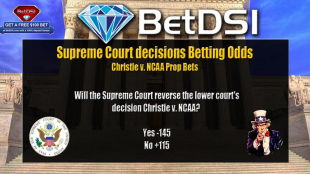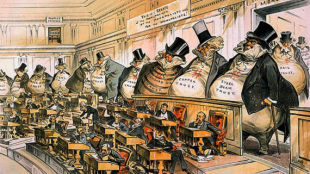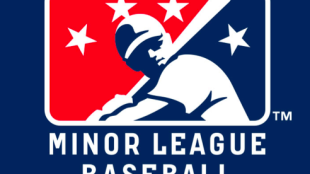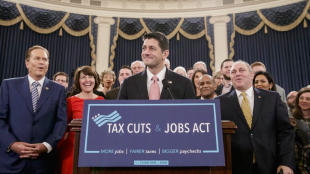Antitrust Scrutiny of Vertical Mergers Under the Trump Administration
The business world welcomed the Trump administration with open arms, believing it would usher in a new era of unprecedented growth by disposing of many of the barriers implemented during the Obama Administration, such as Net Neutrality. During his first week in office, President Trump signed Executive Order 13771, which requires federal agencies to cut two existing regulations for every new regulation they enforce. Since the implementation of the executive order, deregulation has ensued, the market has improved, and growth has been steady. One area where this pro-business approach has not been observed uniformly is that of vertical mergers in the cable industry. Most famously, the Department of Justice (DOJ) sued to block the $85 billion merger between AT&T and Time Warner back in November, and the case is headed for an early trial in March. The ruling in this case will be largely influential in the cable industry, as more distributors and programmers of content are merging in order to stay competitive with the relatively new threat of streaming services. The merger between AT&T and Time Warner is a vertical merger—a merger between two companies that operate at different stages of the production process for a specific finished product. [read more]










